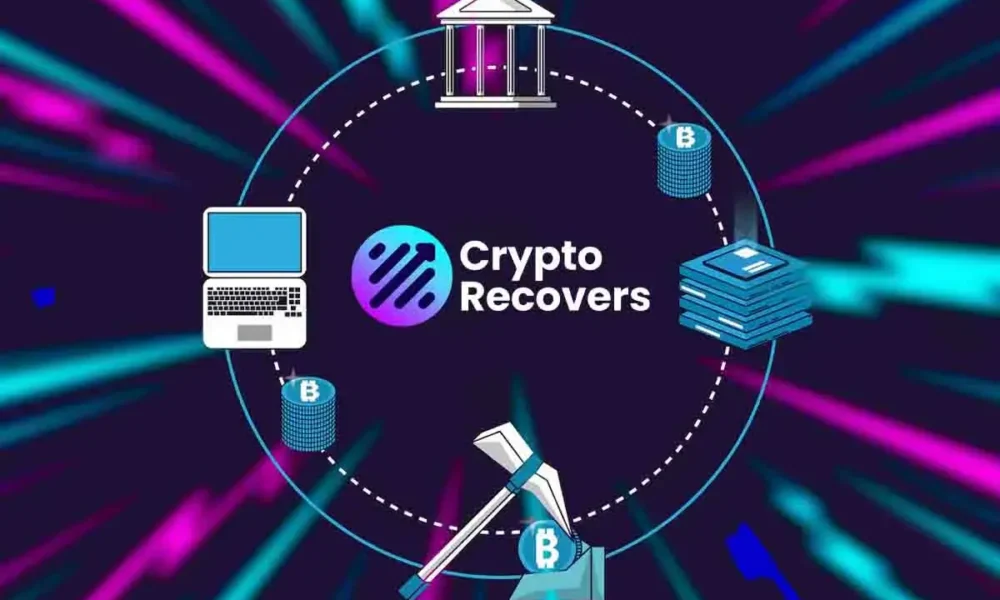“It’s time to build,” says FCC Chair Brendan Carr, who announced a set of broadband policy proposals on Wednesday to help private telecom companies do the building.
In a 22-minute speech at a Sioux Falls, South Dakota, location of wireless-infrastructure construction firm Vikor, and in a subsequent post on the FCC’s site, Carr said he would direct the commission to take measures to ease private broadband investment.
“America’s telecom crews are simply the best of the best,” he said before dozens of workers in hard hats. “And I want to run a policy agenda back in Washington, DC, that makes these guys’ and girls’ jobs just a little bit easier.”
But the problems Carr outlined are not new and have not escaped the FCC’s attention, even since President Trump promoted Carr to head the commission. The chairman’s first proposed remedy—making it simpler for telecommunications providers to replace legacy copper-wire infrastructure with modern facilities—was already addressed by the FCC in March.
Carr said he would seek to accelerate upgrades like those, but it’s unclear what that would entail or how much it could further motivate providers. AT&T, for example, said in December that it planned to retire its copper-wire phone service by 2029 in every state except California.
“I’m not sure what is left to ‘streamline,'” commented Harold Feld, senior vice president at the advocacy group Public Knowledge.
Next in the speech, Carr called for reforms to the attachment rules governing telco access to third-party utility poles. He did not say how that would be beyond the steps the FCC took in 2019 and 2023, besides suggesting the agency could now include light poles in its regulatory authority.
Carr’s office did not answer a request for clarification sent Wednesday afternoon.

Get Our Best Stories!
Your Daily Dose of Our Top Tech News

By clicking Sign Me Up, you confirm you are 16+ and agree to our Terms of Use and Privacy Policy.
Thanks for signing up!
Your subscription has been confirmed. Keep an eye on your inbox!
In his speech, the chairman added that the commission would look anew at ways to “further streamline the many regulations that stand in the way of infrastructure projects,” which he said had helped stymie the Biden administration’s $42 billion broadband buildout plan.
However, the Broadband Equity Access and Deployment (BEAD) program has more recently experienced hangups caused by the Trump administration’s moves to shift subsidies for rural deployment away from fiber-optic broadband toward fixed wireless and satellite broadband.
Public Knowledge’s Feld warned that the FCC could find itself tripped up by the eagerness of Carr and previous Republican Chair Ajit Pai to scrap net-neutrality regulations by putting broadband under a legal category, Title I of the Telecommunications Act, with limited regulatory authority.
Recommended by Our Editors
“Traditionally, the FCC has found that it lacks authority to apply its pole attachment rules to pure Title I services,” Feld wrote in an email. “Similarly, I’m not sure how they do ‘permitting reform’ for broadband when broadband is a Title I service.”
Another item on Carr’s build agenda, freeing up more spectrum for wireless carriers, could boost fixed wireless services, which have won over enough former cable subscribers to put the fear of competition into incumbents like Comcast.
But for the FCC to liberate more than a few already-allocated bands of spectrum, Congress will need to restore the auction authority that it let lapse in 2023. The budget-reconciliation bill that President Trump has named his “One Big Beautiful Bill” includes a renewal of that authority alongside its more-publicized provisions to cut taxes for higher-income taxpayers, restrict health-care benefits, and terminate tax-credit incentives for EVs and other clean-energy upgrades.
Carr wrapped up his talk by touting the FCC’s efforts to ease the deployment of satellite broadband, some of which have drawn accusations of favoritism toward Elon Musk’s SpaceX. (Notwithstanding Musk’s latest public split with Trump over the reconciliation bill’s massive deficit spending and treatment of clean energy.)
Carr also told his audience to look forward to an acceleration of the FCC’s “Delete, Delete, Delete” regulatory rollback and further actions against Chinese infiltration of the telecom sector. And he made sure to put in some good words for his boss throughout his talk, thanking Trump for “taking decisive actions to usher in a new Golden Age in America.”


5 Things to Know About Starlink Satellite Internet
About Rob Pegoraro
Contributor











